
Fortune News | Jun 06,2021
Taxi drivers looking to take advantage of duty exemptions on the imports of knocked down vehicle parts for domestic assembly are left reeling as officials at the Ministry of Justice have ruled the directive outlining the tax privileges void.
The decision is a major blow for close to 1,500 members of taxi associations who have been hoping to capitalise on a directive issued by the Ministry of Finance (MoF) in May last year, allowing the import of semi- and fully-knocked down vehicle parts free of excise tax and duty. Officials at the Finance Ministry sent an amended version of this directive a month ago to the Ministry of Justice, a federal agency tasked to verify the harmonisation of bills for consolidation and codification.
Signed by Addis Getnet, deputy director-general at the Justice Ministry, a reply letter says the directive contradicts the existing customs law, amended in 2019. There is no legal ground for the functionality of the directive, reads the letter issued on December 13, 2021.
The Finance Ministry has the mandate to grant duty-free privileges on imported goods. However, the Council of Ministers has the authority to decide on the conditions in which duty-free rights are granted.
The Addis Abeba City Administration, together with the former Federal Transport Authority, launched a project two years ago to replace aged blue-and-white taxis with new vehicles, facilitating loans from commercial banks. The authorities had wanted to see the imports of 10,000 disassembled vehicles for transport services. The initiative later expanded to taxi associations with the privilege to buy cars assembled locally with duty-free imported parts after the Finance Ministry issued the directive earlier this year.
Taxi associations have been clamouring for the permits to import vehicles duty-free since, and dozens of them have partnered with Elauto Engineering Plc, a local assembler incorporated three years ago with the capacity to assemble 100 cars a day. Among them is an association dubbed '19 Star.'
Founded by Wondafraw Girma and his peers six months ago, '19 Star' is one of the seven recently formed taxi associations partnered with Elauto Engineering. Under the terms of the agreement, the company consented to assemble and deliver four types of vehicles with prices ranging from 650,000 Br to 720,000 Br.
“We paid the company 30pc of the total cost as an advance,” says Wondafraw.
The process had been riddled with obstacles even before the recent ruling from the Justice Ministry. The associations were required to acquire permits from the Ministry of Finance to allow Elauto Engineering to import the parts duty-free and assemble the vehicles domestically.
“Without the permits, Elauto Engineering cannot do anything,” said Bekele Abebe, general manager of the company.
When '19 Star' and 39 other associations with more than 1,500 members approached the Finance Ministry last September, their request was declined because they did not hold trade licenses. Close to 20 taxi associations established before 2020 received permits from the Ministry after securing letters of support from the former Federal Transport Authority. Another 17 associations are following suit.
The representatives of recently-formed taxi associations repeatedly wrote to Eyob Tekalign (PhD), a state minister for Finance, pleading for a solution. Their efforts seemed to have bore fruit when the Ministry decided to amend the directive, changing the requirement for associations to submit trade licenses to be eligible. On December 5, the amended directive was sent to the Justice Ministry, which cast off not only the directive introduced last year but also the one initially issued by the Finance Ministry in 2016. The revocation inadvertently included duty-free privileges for persons with physical challenges who import vehicles for personal use.
Similar directives issued before 2019 ceased to exist with the previous customs proclamation, says the Ministry of Justice.
However, such legal interpretation is contested by experts formerly employed by the Finance Ministry, who participated in the drafting stage of similar directives. According to one of these experts, the law should not work in retrospect.
"The MoJ should have caught the inconsistency in the law the first time the directive was sent to it," said the expert.
Awol Sultan, senior prosecutor and head of press secretariat at the Justice Ministry, confirms no law is effective without passing through the Ministry's review process. However, he declined to comment on how the first directive was able to pass.
Yehualashet Tamiru, adjunct lecturer at Addis Abeba University, agrees with the decision of the MoJ.
“No government body should issue a directive if there is no regulation first,” he said.
The directives approved by the Ministry of Finance have no legal standing, according to the expert.
The justifications will mean little to Wondafraw and others like him, who have no intention of cutting short their dreams of importing duty-free vehicles.
“We won't stop until justice is served,” he said.
PUBLISHED ON
Dec 19,2021 [ VOL
22 , NO
1129]

Fortune News | Jun 06,2021
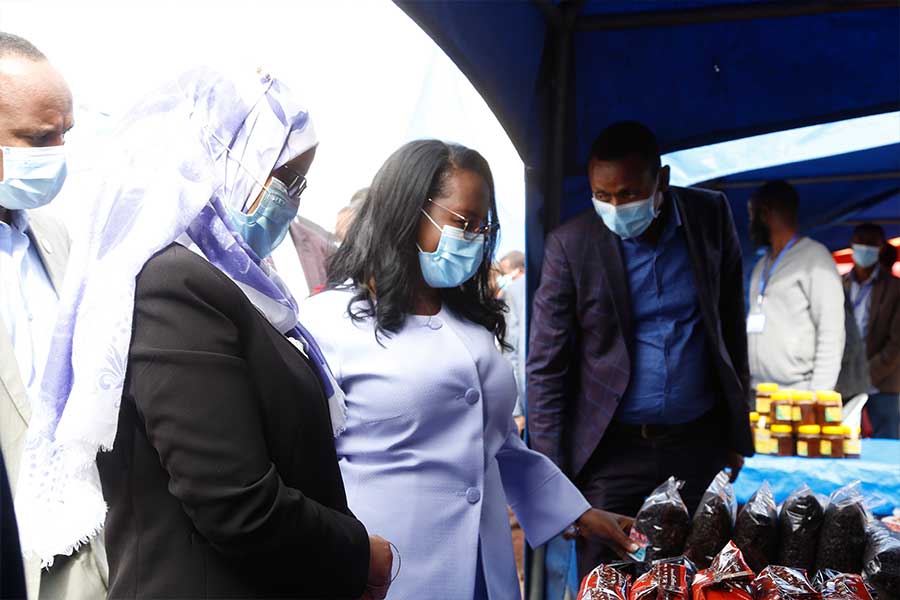
Radar | Apr 30,2021
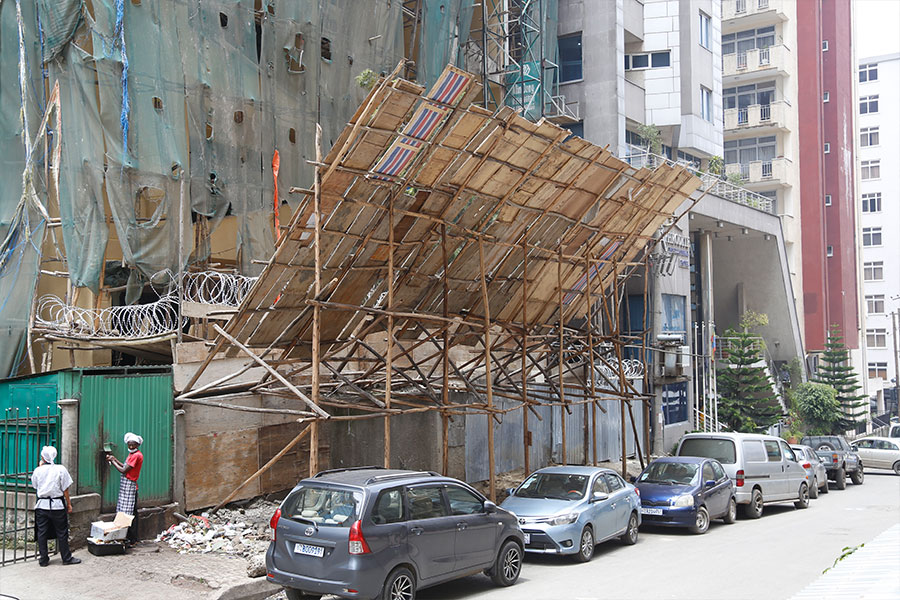
Radar | Jul 31,2021

Radar | Apr 02,2022

Radar | Sep 10,2021

Fortune News | Aug 27,2022
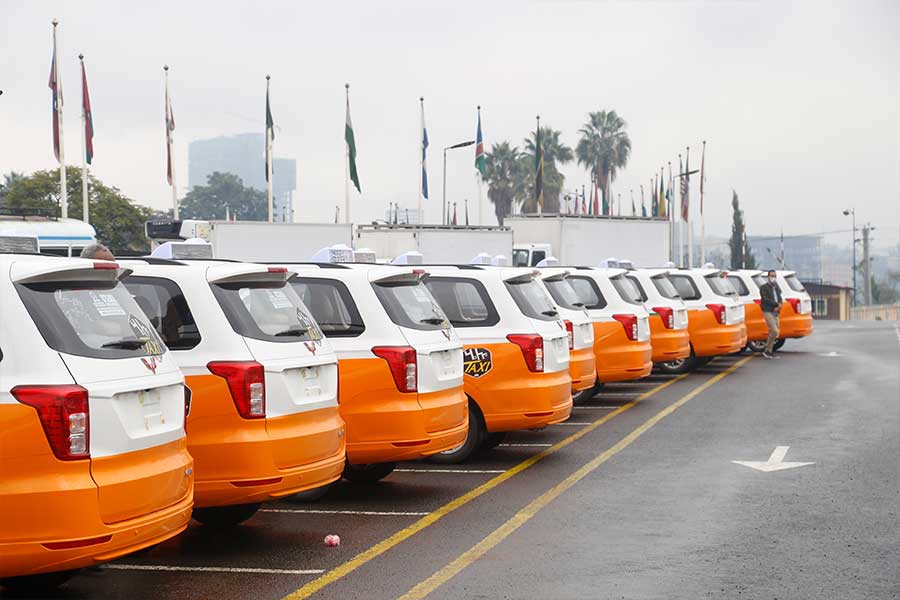
Fortune News | Jul 18,2020
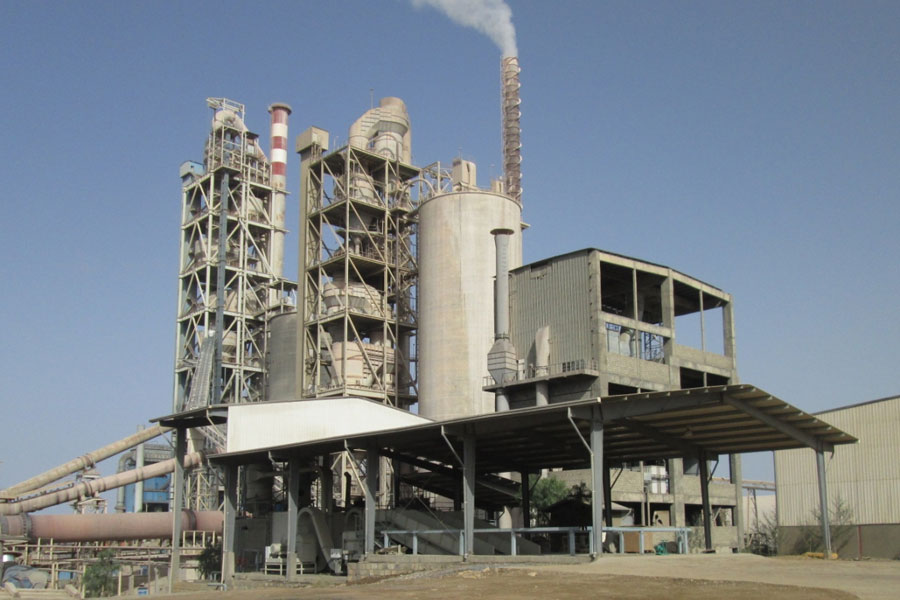
Fortune News | Feb 03,2024
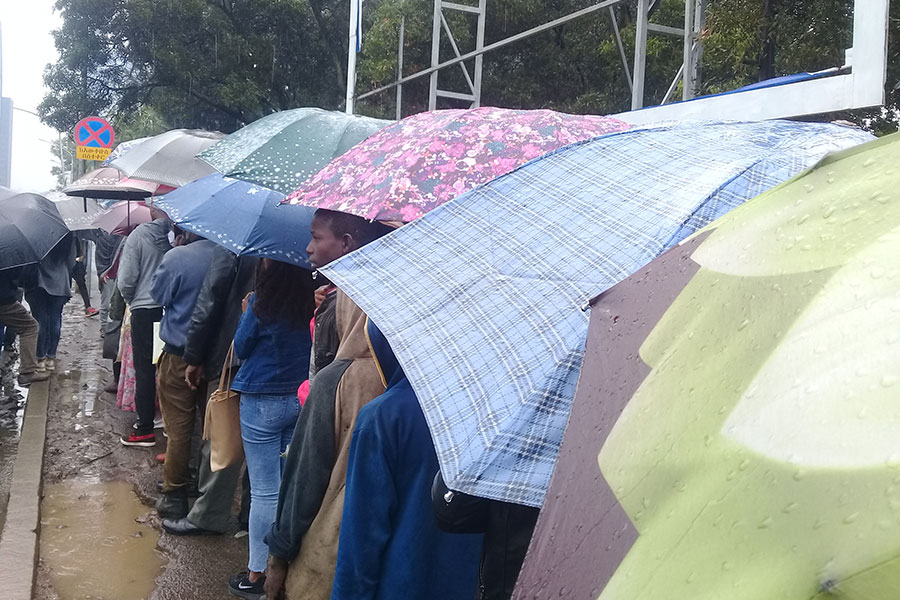
Radar | Jul 18,2021
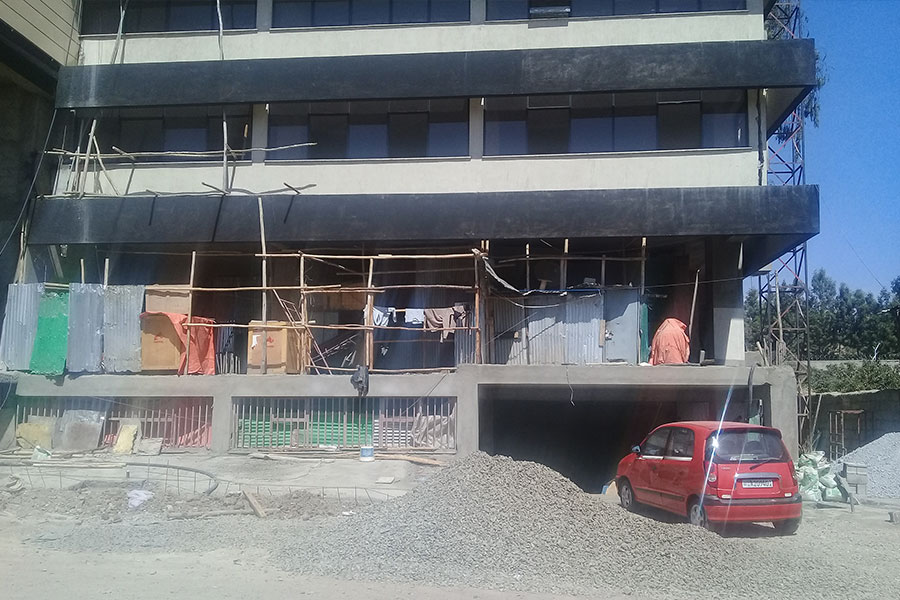
Radar | Dec 25,2021

Dec 22 , 2024 . By TIZITA SHEWAFERAW
Charged with transforming colossal state-owned enterprises into modern and competitiv...

Aug 18 , 2024 . By AKSAH ITALO
Although predictable Yonas Zerihun's job in the ride-hailing service is not immune to...

Jul 28 , 2024 . By TIZITA SHEWAFERAW
Unhabitual, perhaps too many, Samuel Gebreyohannes, 38, used to occasionally enjoy a couple of beers at breakfast. However, he recently swit...

Jul 13 , 2024 . By AKSAH ITALO
Investors who rely on tractors, trucks, and field vehicles for commuting, transporting commodities, and f...

Jul 5 , 2025
Six years ago, Ethiopia was the darling of international liberal commentators. A year...

Jun 28 , 2025
Meseret Damtie, the assertive auditor general, has never been shy about naming names...

Jun 21 , 2025
A well-worn adage says, “Budget is not destiny, but it is direction.” Examining t...

Jun 14 , 2025
Yet again, the Horn of Africa is bracing for trouble. A region already frayed by wars...